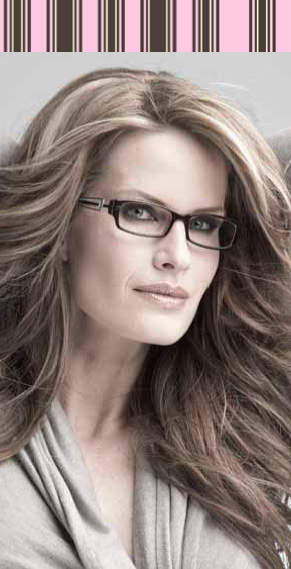By Paddy Kamen
Identical twin boys were born to an English mother and an Italian father in a suburb of Toronto. The boys, Dean and Dan Caten, were the youngest of nine children. They were also exceptionally good-looking and highly creative.
“Even as kids we knew that creativity was going to be our calling,” say Dean and Dan (I’ll have to call them D&D: they do everything together, including responding to my questions). “We loved fashion from the very beginning.”
They loved fashion so much that the boys bucked the gender trend of the day and insisted on being admitted to the home economics class at school so they could learn to sew. What an adventure their lives have been, from a short stint at Parsons The New School for Design in New York to an apprenticeship and eventual design leadership at Ports International in Toronto, then on to Milan, Paris and London. Dean and Dan Caten now head a mega-successful and outstandingly creative design house known as Dsquared2, based in Milan.
The Caten boys didn’t grow up rich but they have a no shortage of moxie: one way they raised money for their fashion business was by working as drag queens. They explain: “In 1991, we moved to Italy where we really wanted to create and launch our brand but didn’t have enough money. Fashion is an expensive business, especially at the beginning, so we performed as drag queens in the clubs to raise money. We’re not ashamed of our past and we want to send a positive message to all young designers: the sky is the limit! If you truly believe in your dreams, nothing is impossible. And in 1995, we launched our first Dsquared2 men’s apparel collection in Paris.”
The theatrical bent that made D&D successful as performers is much in evidence in their renowned cat walk events that more resemble a mini Cirque du Soleil than anything the fashion business had seen to that point. It’s clear that their many talents would have been wasted had they not created their own business in which they enjoy full artistic control. Musicians and other artistic types have gravitated to their circle. They began by creating costumes for Madonna’s 2003 world tour and have gone on to dress other famous performers, including Rihanna, Christina Aguilera, Justin Timberlake and Lenny Kravitz.
While living in London, U.K. and designing in Milan, D&D have not forgotten their Canadian roots. “We visit family in Canada regularly and our homeland is always a great source of inspiration for us. We like to mix our Canadian origins, sense of humour and irony with the expertise of Italian tailoring and the attitude and edge of London. We design pieces that embody a fusion of ideas from North America and Europe. Being Canadian means the world to us and it is the founding base of our brand. A slogan for our company is: Born in Canada, Living in London, Made in Italy.”

Jeans and T’s were the initial garments that made a name for Dsquared2. They used that success as a springboard into men’s and women’s fashion apparel, while always making their statements in clothes that are easy to wear. The brand has diversified into footwear, and fragrances. In 2008, Dean and Dan signed a licensing agreement with Marcolin Group for the production and worldwide distribution of sunwear and ophthalmic eyewear under the Dsquared2 brand. “Marcolin is one of the global leaders in the eyewear industry and we’re very happy to collaborate with them,” say D&D. “The eyewear collection completely reflects our brand identity and completes the Dsquared2 lifestyle.”
Self-identified ‘workaholics’, D&D are intimately involved with every aspect of their business and the same goes for their eyewear collections. “We are 100 per cent involved. An optical or sun frame today is used as a fashionable, trend-setting object, a key accessory to show your personality and style. The frame’s design, style and aesthetics are just as important as its quality and we leave nothing to chance.”
When asked to pick just one of their favourite frame designs D&D point to the runway style, oversized Jackie ‘O style sunglasses from the FW 14 ready-to-wear collection. This model, currently in the design phase, is defined by clip-on jewelry over the brow.
Like many people in their early 40s, Dean and Dan now wear optical frames. For themselves, they prefer a strong black frame, saying: “It gives us an intellectual, chic touch!”
Très chic, I’d say! Dean and Dan Caten are still young, always creative and, I’m sure, have plenty of surprises still to come. They do Canada proud!





